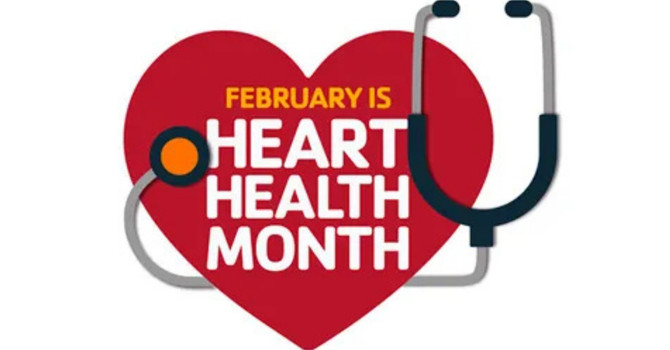
I’ve been doing annual blood work & functional medicine with Dr. CJ for at least the past five years. Why? Because I want to be a superhuman and live to 130, obviously.
Over the years we’ve found a few imbalances we’ve been able to correct (LDL imbalance, slightly hypothyroid) but the focus of this article is mainly on the hot button topic of the day: testosterone levels.
“Normal ranges” for men are 264-916 ng/dL; my annual tests were falling closer to the 550-650 range. That’s average. But who wants to be average? We played around with a few different options until we finally came across the right stack. Now my levels are more consistently in the 750+ range, and we’ll continue to optimize to see if I can get closer to the 900 range without medication.
T levels and men’s health have gained a lot of traction lately. That’s awesome, because it is important for men’s health. Not strictly for staying lean and gaining muscle, which is neat, but for optimizing aging, mental health, energy levels, libido, cognitive benefits, etc. I’m currently 40 and am on zero medications; at some point that’s going to change, and at some point I’m probably going to need exogenous-T to keep my levels in the optimum range.
Having said that, I think too many people jump to supplementation or medications before they’ve done the basics. The basics are below. If you aren’t doing them, supplements, medications, or just about anything else you’re doing, ain’t gonna work as well as it could. Supplements are supplemental - they are the tippy-top of the pyramid. All of the stuff below is the base. Build a solid base so the tippy top can be stable, and optimized.
Diet and Nutrition:
- Consume a balanced diet rich in whole foods, lean proteins, fruits, and vegetables.
- Ensure adequate intake of essential nutrients like zinc, magnesium, and vitamin D.
- Limit processed foods, sugar, and excessive alcohol consumption.
Exercise and Fitness:
- Engage in regular physical activity, including both aerobic and strength training exercises.
- Aim for at least 150 minutes of moderate-intensity exercise per week.
- Incorporate activities that reduce stress, such as yoga or meditation.
Sleep and Rest:
- Prioritize quality sleep of 7-9 hours per night to support hormone production and regulation.
- Maintain a consistent sleep schedule and create a sleep-friendly environment.
Stress Management:
- Practice stress-reducing techniques like deep breathing, mindfulness, or hobbies.
- Seek social support and maintain healthy relationships.
- Consider counseling or therapy if stress levels are consistently high.
Avoidance of Harmful Substances:
- Quit smoking and avoid exposure to secondhand smoke.
- Limit or avoid recreational drug use.
- Minimize exposure to environmental toxins and pollutants whenever possible.
Maintain Healthy Body Weight:
- Achieve and maintain a healthy weight through a combination of diet and exercise.
- Obesity and excess body fat can negatively impact hormone levels and overall health.
Healthy Relationships and Mental Well-being:
- Foster supportive relationships with friends, family, and partners.
- Address mental health concerns promptly, such as depression or anxiety.
- Practice open communication and seek help when needed.
Supplementation (if necessary):
- Consider supplements like omega-3 fatty acids, vitamin D, or herbal remedies under medical guidance.
- Avoid self-medication and consult a healthcare provider for personalized recommendations.



